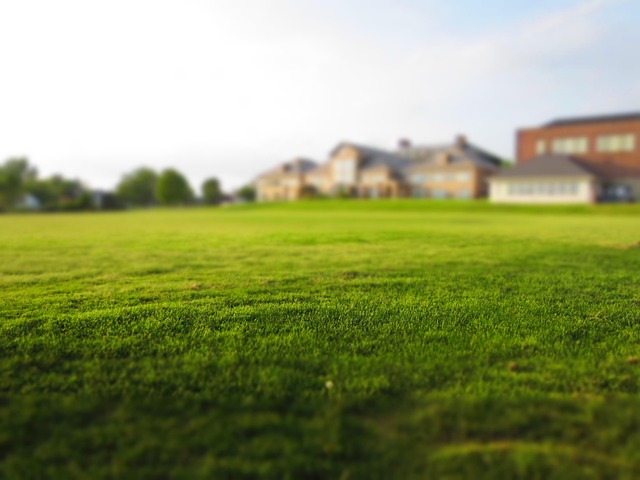Effective Yard Waste Removal and Recycling practices are crucial for mitigating climate change and fostering sustainable communities. By properly managing organics through composting and specialized services, we reduce methane emissions, enrich local soil, and transform waste into valuable resources like fertilizers and mulch. Simplifying disposal with dedicated containers and understanding local guidelines ensures responsible management of non-organic materials. These eco-friendly practices contribute to a greener environment while maintaining tidy yards, addressing Yard Waste Removal and Recycling concerns innovatively.
Looking for an easy way to manage your residential yard waste? This comprehensive guide simplifies the process, from understanding different types of yard debris and their environmental impact to offering straightforward steps for effective disposal. We also explore recycling and upcycling options, transforming common yard waste into valuable resources. By implementing these practices, you’ll not only reduce waste but contribute to a greener, more sustainable environment through proper yard waste removal and recycling.
- Understanding Yard Waste: Types and Their Impact
- Simple Steps for Effective Yard Waste Disposal
- Recycling and Upcycling: Transforming Yard Waste into Resources
Understanding Yard Waste: Types and Their Impact

Yard waste, a term that encompasses a variety of organic materials from residential gardens and landscapes, is more than just overgrown grass clippings and leaves. It includes items like lawn trimmings, hedge clippings, tree branches, and even food scraps from your kitchen. Proper management of this waste is not only crucial for maintaining a clean and healthy environment but also has significant impacts on local ecosystems and climate change mitigation.
Different types of yard waste have distinct effects. For instance, organic matter like leaves and grass clippings, when composted, enriches soil, promoting plant growth. However, if these materials end up in landfills, they contribute to methane emissions, a potent greenhouse gas. Recycling and responsible disposal methods, such as yard waste removal services that specialize in composting, can significantly reduce environmental impact while providing valuable resources for local landscaping and gardening initiatives.
Simple Steps for Effective Yard Waste Disposal

Making your yard waste disposal simple and efficient is both eco-friendly and time-saving. Start by separating organic materials like grass clippings, leaves, and food scraps into dedicated containers. This facilitates easy collection and composting, which reduces landfill waste and enriches soil.
Next, familiarize yourself with local recycling guidelines for non-organic yard waste such as plastic pots, gardening tools, and wooden pallets. Many communities offer specific collection days or drop-off points for these items. By participating in comprehensive Yard Waste Removal and Recycling programs, you contribute to a sustainable environment while ensuring your yard stays tidy and well-maintained.
Recycling and Upcycling: Transforming Yard Waste into Resources

Transforming yard waste into resources is an innovative way to reduce environmental impact and promote sustainability. Materials like organic matter, grass clippings, and leaves can be recycled through composting or turned into mulch, providing valuable nutrients for soil enrichment. This not only minimizes the amount of waste sent to landfills but also fosters a greener, healthier garden ecosystem.
By adopting recycling and upcycling practices, homeowners can easily manage yard waste disposal. Composting bins or piles can be installed in backyards to collect organic debris, which then becomes a rich fertilizer for plants. Mulch made from recycled materials can prevent weed growth and conserve moisture in gardens, reducing the need for chemical fertilizers and irrigation. These simple yet effective methods contribute to a more sustainable lifestyle while keeping yards aesthetically pleasing and eco-friendly.
By understanding the types of yard waste and their environmental impact, implementing simple disposal methods, and embracing recycling and upcycling practices, you can significantly contribute to sustainable yard waste removal and reduce your ecological footprint. These strategies not only simplify the process but also transform your yard’s remnants into valuable resources, fostering a greener and more eco-conscious approach to outdoor maintenance.
